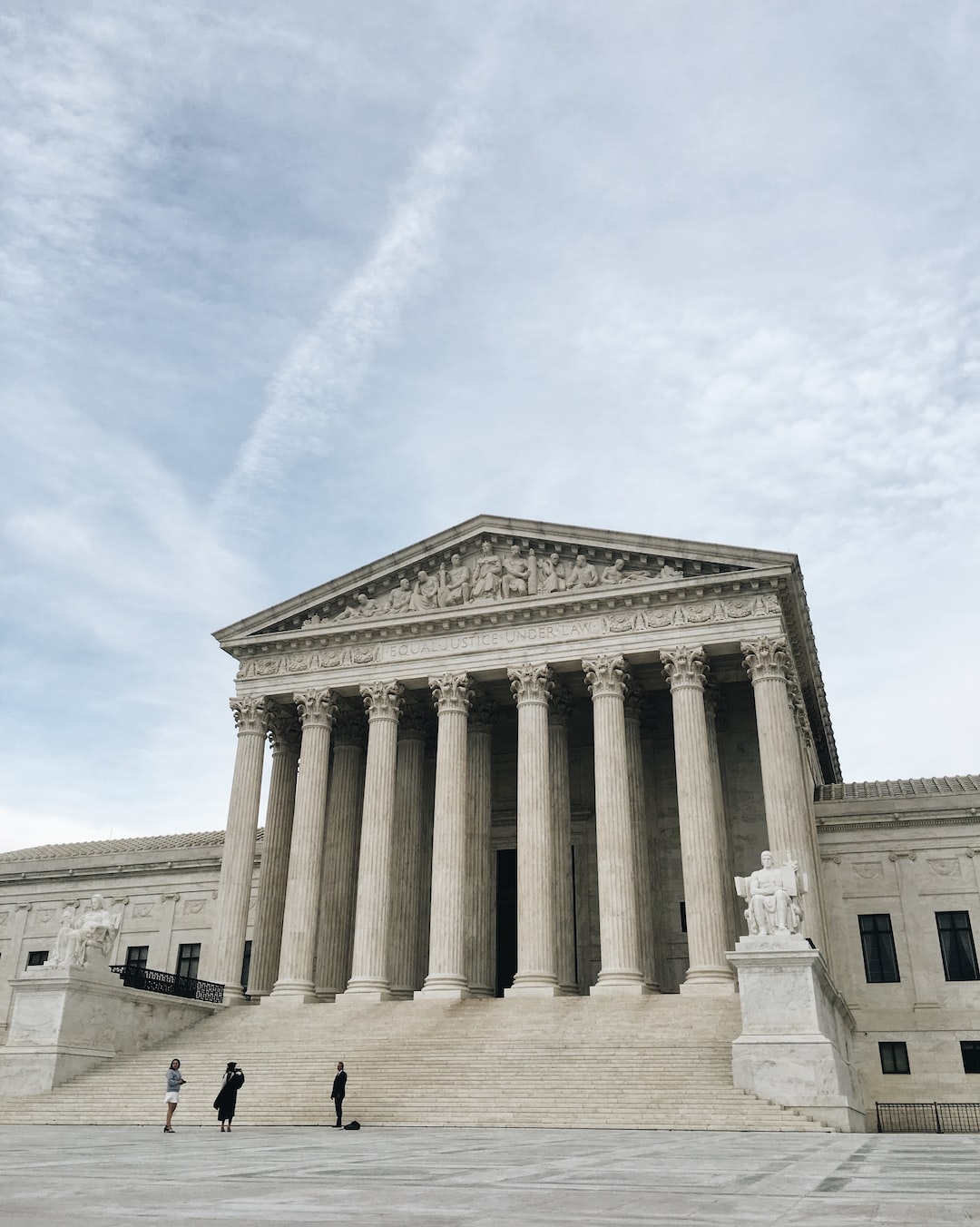Analyzing the Evolution of Human Rights Law and Its Global Impact
Human rights have always been a fundamental aspect of society, as they protect individuals from oppression and ensure their basic dignity and freedom. Throughout history, the evolution of human rights law has shaped our understanding of these rights and helped establish international standards that aim to safeguard the well-being of every individual.
The concept of human rights dates back to ancient times when various civilizations recognized the inherent value and inherent rights of every human being. However, it was only with the adoption of the Universal Declaration of Human Rights (UDHR) by the United Nations General Assembly in 1948 that a formal framework was established to protect and promote these rights globally.
The UDHR not only marked a significant turning point in the history of human rights but also played a crucial role in shaping subsequent international human rights conventions and treaties. This landmark document outlined a range of civil, political, economic, social, and cultural rights which have since become the foundation of human rights law. Its principles have been incorporated into numerous national constitutions and have become a benchmark for assessing the human rights practices of nations worldwide.
Since the adoption of the UDHR, there have been significant developments in human rights law, aimed at broadening the scope and protection of human rights. One such notable development is the International Covenant on Civil and Political Rights (ICCPR), adopted in 1966, which explicitly outlines the rights to life, liberty, and security of the person, freedom of expression, and the right to a fair trial, among others. The ICCPR, along with the International Covenant on Economic, Social, and Cultural Rights (ICESCR), have been instrumental in codifying and standardizing human rights at the international level.
These international conventions have also provided the framework for establishing regional human rights instruments, such as the European Convention on Human Rights and the African Charter on Human and Peoples’ Rights. These regional systems have further expanded the reach of human rights law by addressing specific local challenges and contexts.
The impact of human rights law can be observed through its global influence and the growing recognition of human rights as universal values. It has empowered individuals and organizations to hold governments accountable for human rights violations, leading to increased scrutiny and pressure for governments to uphold their obligations. Moreover, international human rights bodies, such as the UN Human Rights Council and various special rapporteurs, play a crucial role in monitoring and reporting on human rights situations around the world, bringing attention to violations and advocating for necessary reforms.
However, despite the progress made, there are still significant challenges to achieving full respect for human rights globally. Some nations continue to violate basic human rights, often justified by culture, tradition, or political expediency. Discrimination, inequality, and inadequate access to justice persist in many parts of the world, reminding us that the fight for human rights is an ongoing struggle.
The evolution of human rights law demonstrates the essential nature of these rights in today’s world. As we analyze its development and impact, we need to recognize the need for continuous efforts to protect and promote human rights. This includes supporting civil society organizations, advocating for stronger human rights mechanisms, and fostering a culture of human rights at both the national and international levels.
In conclusion, the evolution of human rights law has played a critical role in promoting and safeguarding the dignity and freedom of individuals worldwide. From the Universal Declaration of Human Rights to subsequent international and regional conventions, human rights standards have become deeply ingrained in our global society. However, there is still work to be done to ensure that every person enjoys their human rights fully. By analyzing the evolution of human rights law and its global impact, we can strive to create a world where human rights are respected, protected, and upheld for all.
